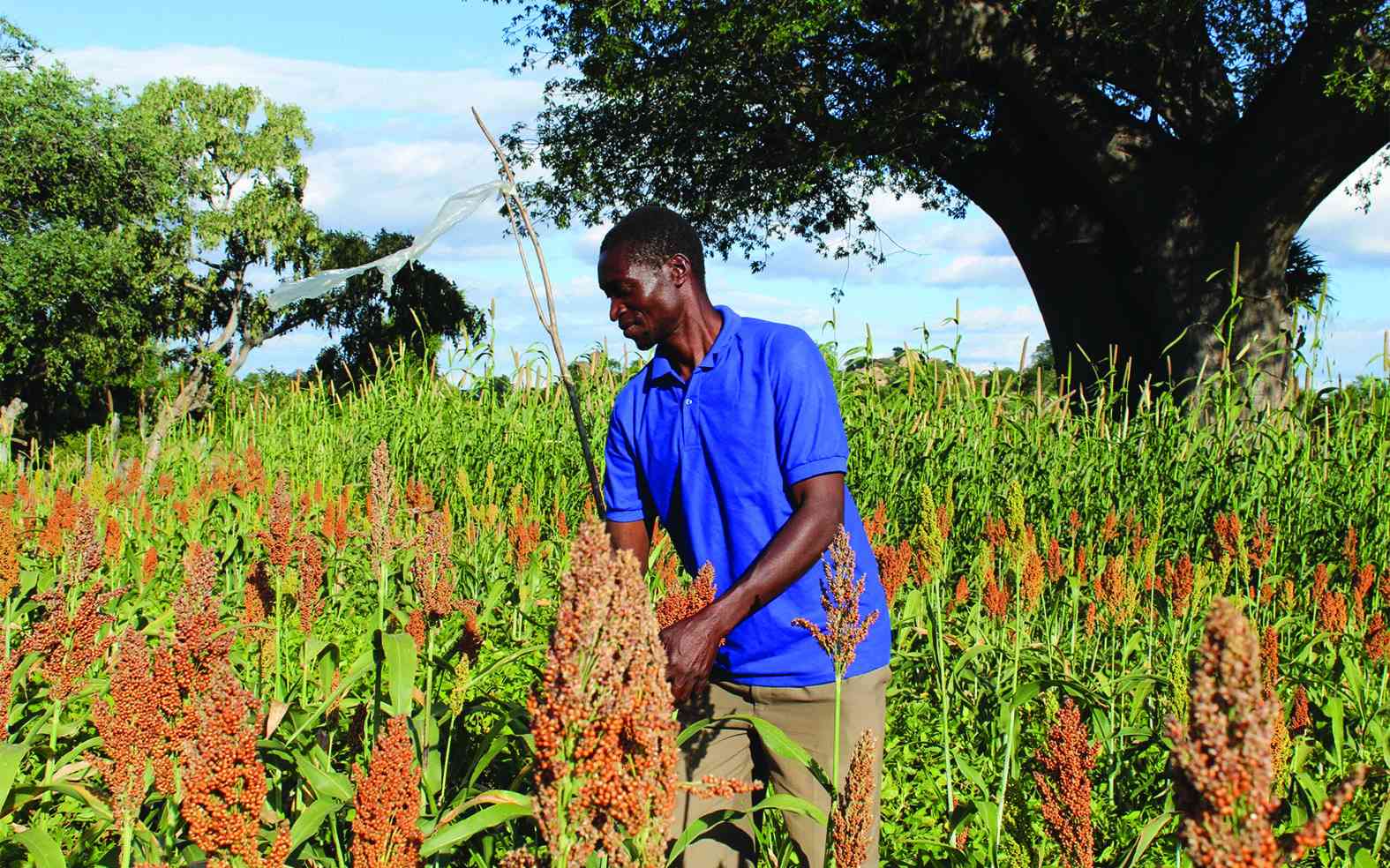
MATOBO North legislator, Edgar Moyo, has expressed concerns over the neglect of the Bhotera or Shashani Irrigation scheme in Matobo for the past 10 years, pleading with the government to revitalise the efforts to bring productivity in the project.
Moyo described the scheme as a massive area with a good water body, which he believed that if added to the rest of the irrigation schemes in the country, will contribute immensely to the country’s food security.
The Shashani/Bhotera irrigation scheme is the largest in Matobo district, covering a total of 160 hectares.
It is located along the Shashani River near Tshelanyemba.
The scheme has faced acute water shortages and infrastructure issues, such as the breakdown of engine pumps and canals, which were also reportedly damaged by elephants.
“In Matobo we have the Bhotera or Shashani irrigation scheme which was developed by the ministry of agriculture in partnership with the Food and Agriculture Organisation of the United Nations (FAO) over about 10 years ago,” Moyo said during the World Food Day celebrations held at the Matopos Research Institute in Matabeleland South last Thursday.
“It has been lying idle for all that time.
“We request that we give resources to at least make sure that we give life to that scheme and that there is productivity there.”
- Village Rhapsody: In Zimbabwe poverty is biting the poor the most
- Zim maize output to drops by 43%
- Village Rhapsody: In Zimbabwe poverty is biting the poor the most
- Zim maize output to drops by 43%
Keep Reading
He said irrigation development was key to food security and urged the government to provide more resources towards the scheme’s development.
At some point it received assistance, including the donation of a fence to mitigate human-wildlife conflict and support for livelihood sustenance.
There are also reports of only a portion of the total area being actively farmed due to these challenges.
Moyo called for commitment to the vision where every household has enough nutritious food year round.
He said farmers must be given fair prices and the support they need to thrive and to ensure that food systems are sustainable and resilient and inclusive.
FAO Zimbabwe country representative, Patrice Talla, said they have been committed to ending hunger globally for the past 80 years.
He hailed the collective efforts of the people of Zimbabwe, farmers, policymakers, innovators and partners who work every day to ensure that agrifood systems become more inclusive, resilient and sustainable.
He said in 1945, FAO was founded on a simple but profound vision: a world free of hunger.
“Eighty years later, this vision continues to guide us more urgently than ever,” Talla said.
“Over the past eight decades, FAO has evolved from an institution responding mainly to food shortages and agricultural rehabilitation, to a global leader addressing complex food systems challenges: climate change, biodiversity loss, conflict, rising food prices and malnutrition in all its forms.
“In Zimbabwe, FAO has walked this journey for more than four decades.
“Together with the government and partners, we have contributed to agricultural policy and regulatory reforms, Agrifood systems transformation, Sustainable intensification of crop and livestock production, climate-smart agriculture and anticipatory action, and livelihood resilience and early warning systems.”
He also said the partnership has seen the introduction of innovation in digital agriculture, youth empowerment and rural women’s economic inclusion.
This year’s World Food Day commemoration was under the theme Hand in Hand for Better Foods and Better Future.
Talla said these challenges threatened the livelihoods of farmers—especially women, smallholders and youth—who are the backbone of the nation’s agrifood system.









